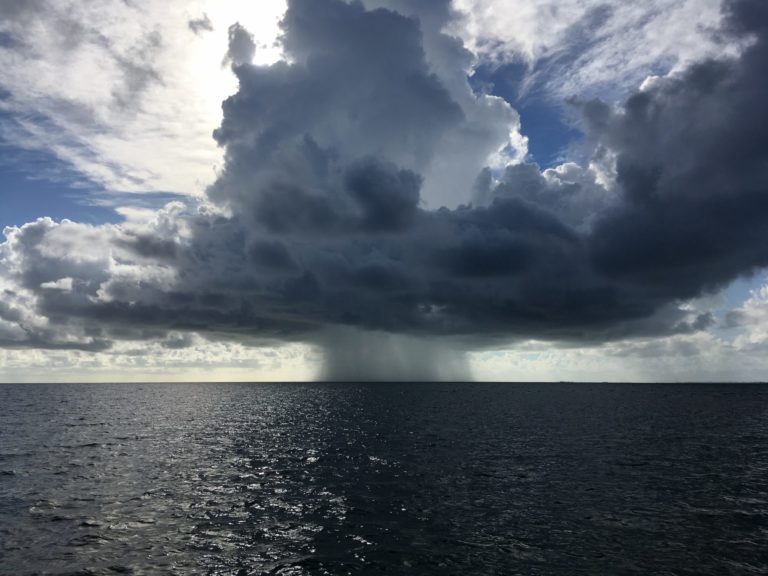In the face of adversity, our resilience is put to the test. It’s not about resisting, because that’s the easy way out. If a tornado hit your home and you were spared but your environment around you was destroyed, simply choosing to remain in that environment is just resisting, but not necessarily being resilient.
It is, therefore, something more than just enduring the tragedy. Once we’ve collected ourselves and made sure that we are still here in spite of everything, it’s important to find a way to regain our strength. As the saying goes: what doesn’t kill you makes you stronger. That capacity is what us psychologists call resilience. We all have it, to a greater or lesser extent. Thanks to resilience, we can discover our strength and come back from the tragedy we had experienced.

The cars come out of the car wash glistening. There are gigantic brushes, full of water and soap, that scrub off the layer of crap that day by day is accumulating on the surface. The carwash seems like a dangerous vacuum that’s going to swallow your car while you’re trapped inside, but instead, it’s a miracle of technology. Our car comes out the other side polished and as good as new. Ok, so the adversities that we go through as humans are not always full of water and soap. However, like a carwash, our hardships can give us the impression that we are going into a tunnel that’s going to devour us. But at the other end of the tunnel, there in the light, is resilience.
As is often the case in psychology, resilience is a complex concept that is made up of several things. Capacity of capacities, we could say. Basically it’s about being able to value unpleasant events as a challenge rather than a threat. Try to avoid the temptation of victimizing yourself with the “everything happens to me” or “I can’t control the bad things that will happen to me.” Resilience is also not pure and hard denial (“Hurricane? What hurricane? My house is fine”).

Apart from all of this, those capabilities that are made up of resilience have to do with the following:
Resistance: I am not knocked down by the first gust of wind because I can overcome obstacles. I am a strong and flexible person with the capacity to adapt to sudden (and negative) changes that may affect me day by day, but ultimately, don’t make me stop being me.
Realistic optimism: I focus on the positive (without denying the negative) and I have the expectation that the future does not have to be bad. This attitude helps me manage my fear of the future, and furthermore, it helps me lower my level of anxiety and prevents me from being overwhelmingly judgemental.
Analytical capacity: Among all of these hardships, I am able to see the silver lining. I don’t only focus on the negative. I can establish the weight of all that happens to me, and I give everything its place and importance so that I can avoid seeing every obstacle as very serious or irreparable.
Patience: First I will start over, and then rebuild what has collapsed brick by brick, then live that new life, and, in the meantime, I will enjoy it to the extent that the situation allows me, because for that I am still here. I know how to go step by step, and I can accept that some things will go faster than others. Finally, I know that with this process, I will come out of this experience wiser.
Have you been through really stressful events? Are you in the process of rebuilding? Psychologists can help you strengthen your resilience by helping you work through this four components that we’ve provided. Come work with us! We are happy to help.










